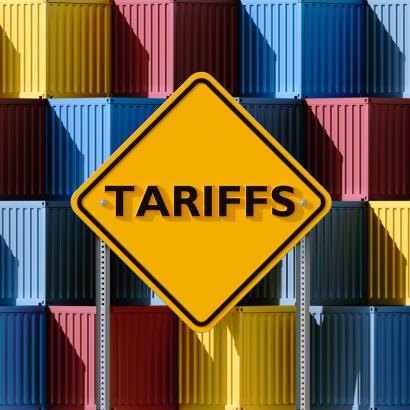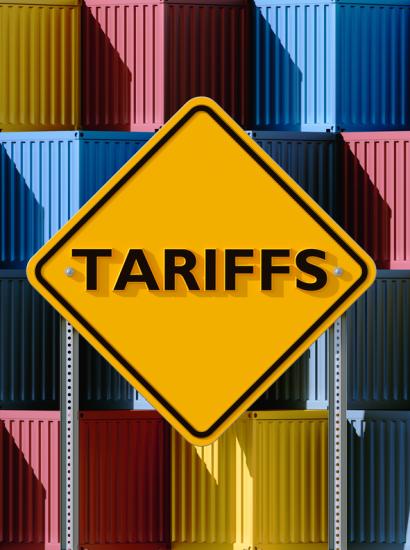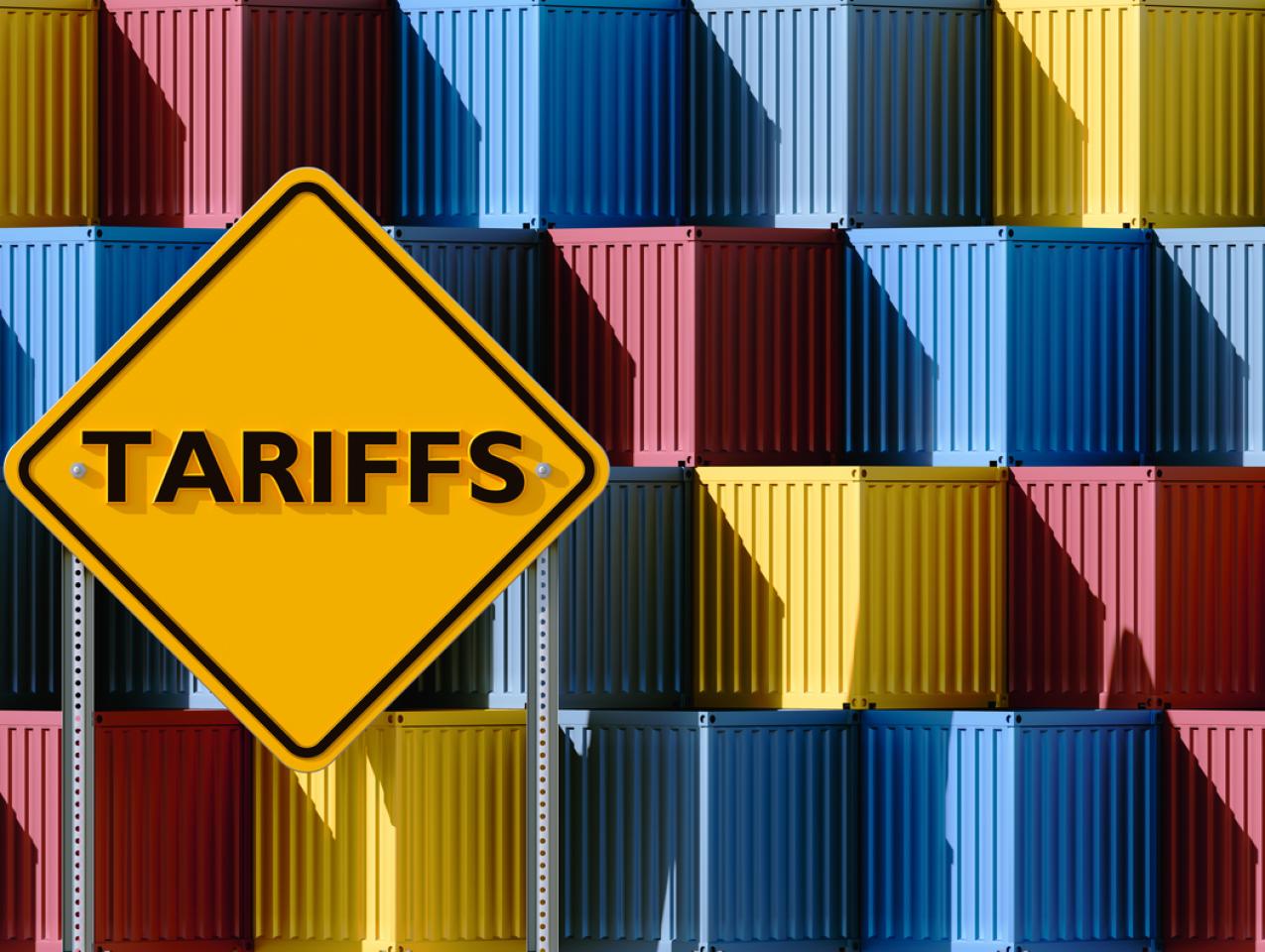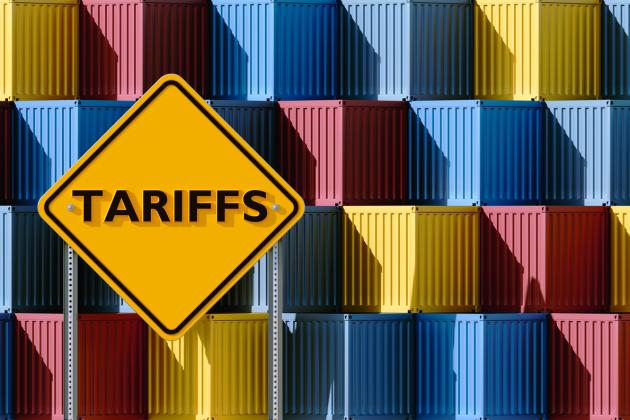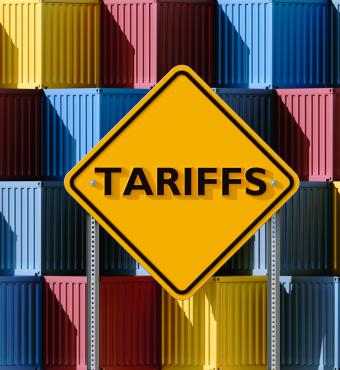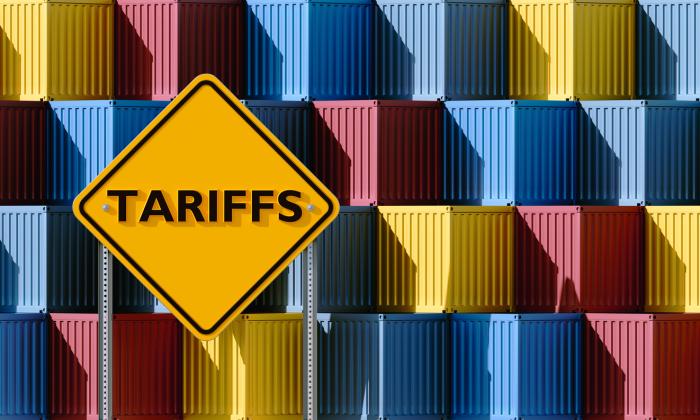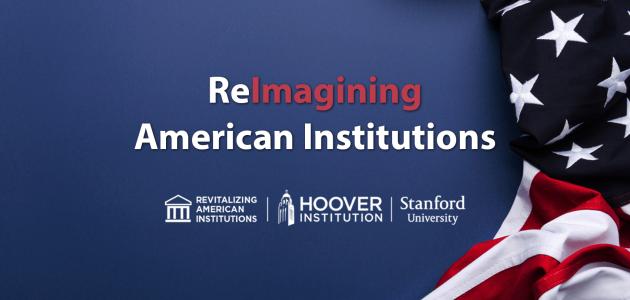Welcome to the Hoover Institution’s briefing on national security. This month we are looking at the progression of drone technology using more sophisticated AI; Ukraine in dire need of a lifeline from the US and the EU; how America can effectively deter China; the loss of two staples in America’s foreign policy outreach; combatting China in the Western Hemisphere; and the Trump administration’s plan to even the playing field.

The Partnership Between Drones and AI
Hargrove Hoover Fellow Jacquelyn Schneider’s new book, coauthored with Julia Macdonald, is gaining attention and reviews. In The Hand Behind Unmanned: Origins of the U.S. Autonomous Military Arsenal, the authors state that the aim of the increased use of drones on the battlefield is not only to win conflicts but to minimize loss of life. The book traces the history of the unmanned military arsenal to its most current stage of development and looks beyond, to the progressive improvement in the use of drones with increasingly more sophisticated AI. As the war in Ukraine has changed the calculus of how modern battlefield conflicts are waged, AI has become the key factor in moving from unmanned to “unhumanned” in order to achieve victory.

Throw Ukraine a Life Raft
In the present state of global affairs, the outlines of a peace agreement in the Russo-Ukraine war are as elusive as a victory for either side. In Strategika, National Security Visiting Fellow Jakub Grygiel lays out what remains as a possible solution. Asserting that a continued war of attrition is untenable and deeply destructive, especially for Kyiv, the author suggests that “anchoring Ukraine in the West” is the most viable alternative. NATO membership is not a necessary condition, but a “Western commitment to arm Ukraine in the future” is. Economic ties such as Trump’s proposed minerals deal give America—and the West, in general—a stake in a neutral, free Ukraine. Agreements over territory will rely on de facto realities on the ground. Ultimately, though, the author warns, “Whatever agreement is reached in the near future, the conflict on Europe’s eastern frontier will not be resolved.”

A Fireside Chat about China
In an informal conversation with members of the US House Select Committee on China, Kleinheinz Senior Fellow Steven Kotkin explains both what drives the Chinese Communist Party (CCP) today and how America can best deal with the threat it incurs. In describing Communism’s Leninist imperatives for monopoly of power and self-preservation, Kotkin asserts that US policy should not be geared toward coaxing a more liberal form of rule in Beijing. Moderating politically and even economically is ruinous for the party. The government of Xi Jinping, in particular, is not looking to commit the kind of regime suicide that characterized Gorbachev’s rule. Moreover, the CCP seeks to “restore the perceived greatness of imperial China.” Appeasement is not the answer, but war is to be avoided, Kotkin argues. The US must enhance both its military and political deterrence equally. Washington should hold to the status quo but play to the “strengths of an open society”—one that welcomes cooperation in some spheres but is ready to fight to protect its values, thus increasing Xi’s sense of risk and sending a message as to the folly of that risk.

Walking Away from Old Friends
Senior Fellow Sumit Ganguly highlights the effects that cost cutting by Trump’s Department of Governmental Efficiency (DOGE) has had on institutions that once enhanced America’s soft power. In tracing the origins of entities such as the United States Information Service and Voice of America, the author asserts that for a minimal cost to the taxpayer, they have had significant impact in bringing an engaging cultural and moral dimension to US power abroad. DOGE has eliminated a number of these programs, and in the view of the author, this will “have significant adverse consequences for American soft power . . . and will diminish America’s standing in the world.”

How to Be Good Neighbors
Hoover Fellow Joseph Ledford asserts that order in the Western Hemisphere is a prerequisite for projecting American power abroad. In that regard, he writes, the Trump administration has frontally taken on the major problems plaguing our part of the globe—from gang violence and fentanyl smuggling to the malign influence of China in the region. All are linked, and “America cannot degrade and destroy the cartels without confronting China for its financial and material contributions to their enterprise.” As Leford argues, US efforts in Panama have resulted in diminished influence from Beijing. Likewise, Trump has taken a hard line on Cuba and Venezuela. Throughout the hemisphere, Washington sees private investment capital as the “right antidote to state-led Chinese development.” Together, public and private initiatives can bring about a secure and prosperous hemisphere that benefits all.

Tariff Duels
In clarifying the rationale behind the administration’s latest tariff duels, Senior Fellow Victor Davis Hanson presents the context for this strategy. A trade policy that has largely remained unchanged for decades now results in a roughly $1 trillion deficit. Trade imbalances have long been overlooked, initially out of a desire to bolster allies’ economies against the threat of communism, and more recently out of careless disregard for lost manufacturing jobs and increased importation of big-ticket items. With the collapse of the Soviet Union came a sense that the other major Communist power, China, could be nudged toward liberalizing through the prosperity of free trade. Not only did that projection turn out to be false, but the effect on the US economy was dramatic. “If a Pennsylvania steel or appliance assembler lost his job, pension, and medical plan, at least he always had Walmart” and access to cheap Chinese imports. The nation became increasingly dependent upon imports of strategic materials, and globalization has both revealed unsavory side effects and inordinately increased wealth among investors, tech moguls, and the corporate class. Overall, “the most optimistic prognosis for the Trump trade agenda is that his art-of-the-deal confrontation will shock the world into understanding the huge US market has had enough of the status quo and will force fairer deals and, in cases, onshoring.”

History in Focus
The newly acquired David A Korn collection comprises a rich array of memoranda, notebooks, correspondence, interviews, published and unpublished writings, reports, and photographs. From handwritten notes on the Israel-Egypt peace process to materials concerning terrorism and diplomacy, the collection offers critical insights into United States policy on hostages, violations against the Kurds, and other geopolitical concerns.
For more insight on important national security issues visit www.hoover.org/focus-areas/determining-americas-role-world








